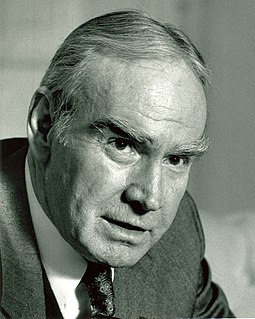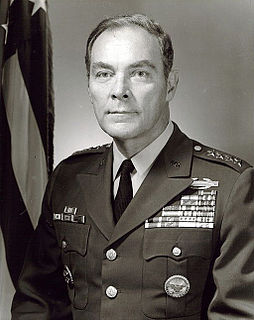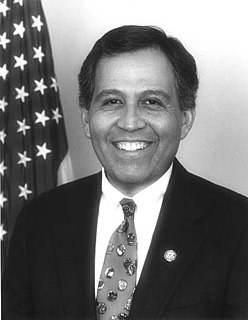A Quote by Walter Cronkite
It seems to rise again when the crisis times come, and this is a time of most severe crisis, as we all know, not just for the history of the United States and the survival indeed of our democracy, but for the future peace of the world. And never before probably has the need for interfaith commitment been nearly as great as it is at this very moment.
Related Quotes
Although this crisis in some ways started in the United States, it is a global crisis. We bear a substantial share of the responsibility for what has happened, but factors that made the crisis so acute and so difficult to contain lie in a broader set of global forces that built up in the years before the start of our current troubles.
What's going on in Syria is the worst humanitarian crisis since World War II. And we are punishing those who are suffering most in this circumstance, in this condition. We vet refugees from Syria for a period of 18 to 24 months before they're allowed to come to the United States. And, you know, if you will permit me, I think we know more about them by the time they get here than we know about the president's finances.
In Cuba, what we do not accept is the comparison of our participatory democracy with bourgeois democracy which has not solved anything for humanity. The only thing it has done is to take humanity towards a precarious point. They have created the environmental crisis, the food crisis, the water crisis and the pandemics all over the world. The reason for that is because they have taken the majority of the resources and given it to militarism paid for by the western powers because it is a great business for them; this is the real truth.
There will come a moment when the most urgent threats posed by the credit crisis have eased and the larger task before us will be to chart a direction for the economic steps ahead. This will be a dangerous moment. Behind the debates over future policy is a debate over history-a debate over the causes of our current situation. The battle for the past will determine the battle for the present. So it's crucial to get the history straight.
You know, it's very clear, as one looks back on history again of the Cold War that, following the crisis in Cuba, following the Khrushchev - beating down of Jack Kennedy in Vienna, that President Kennedy believed that we had to join the battle for the Third World, and the next crisis that developed in that regards was Vietnam.
































